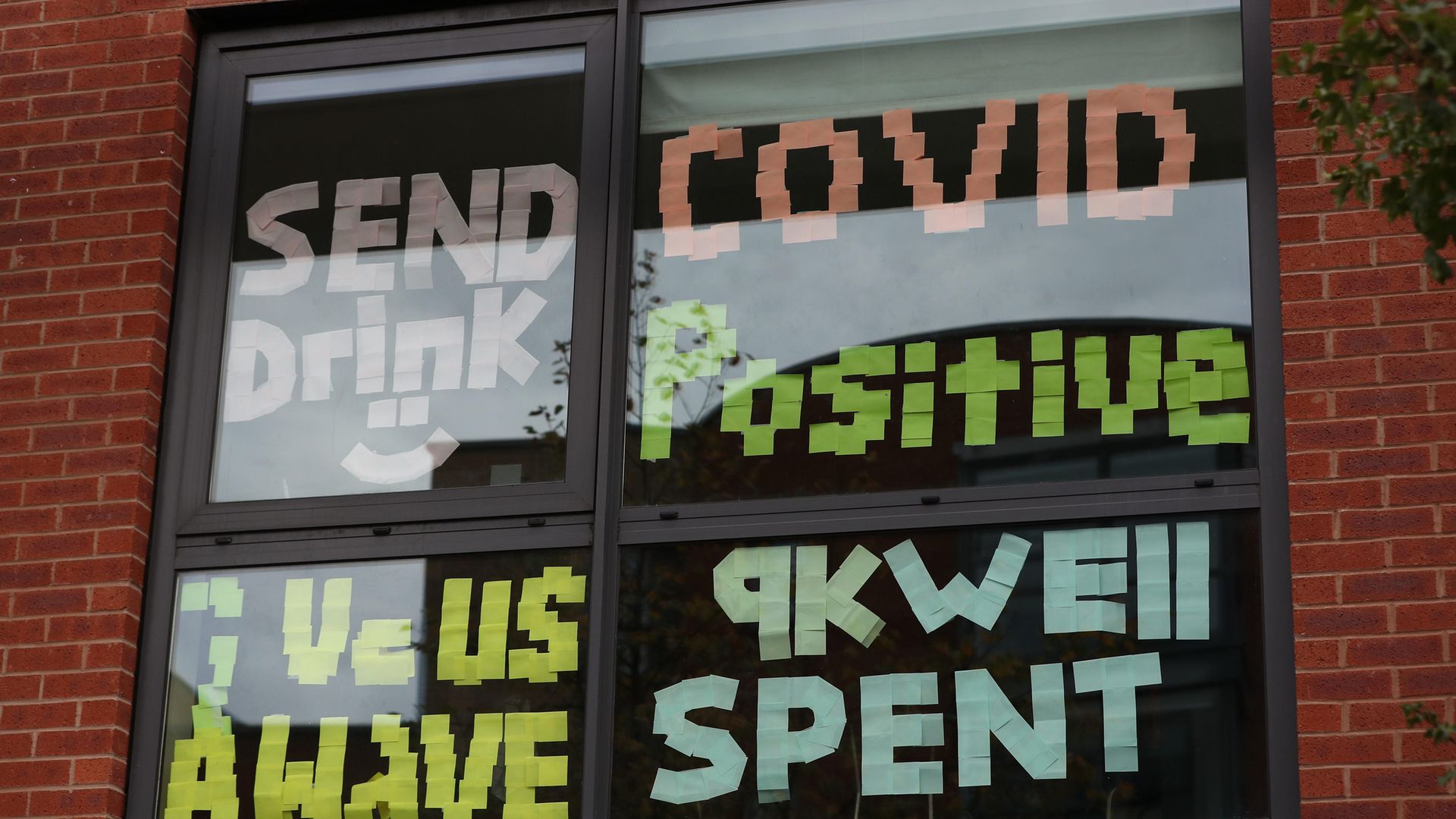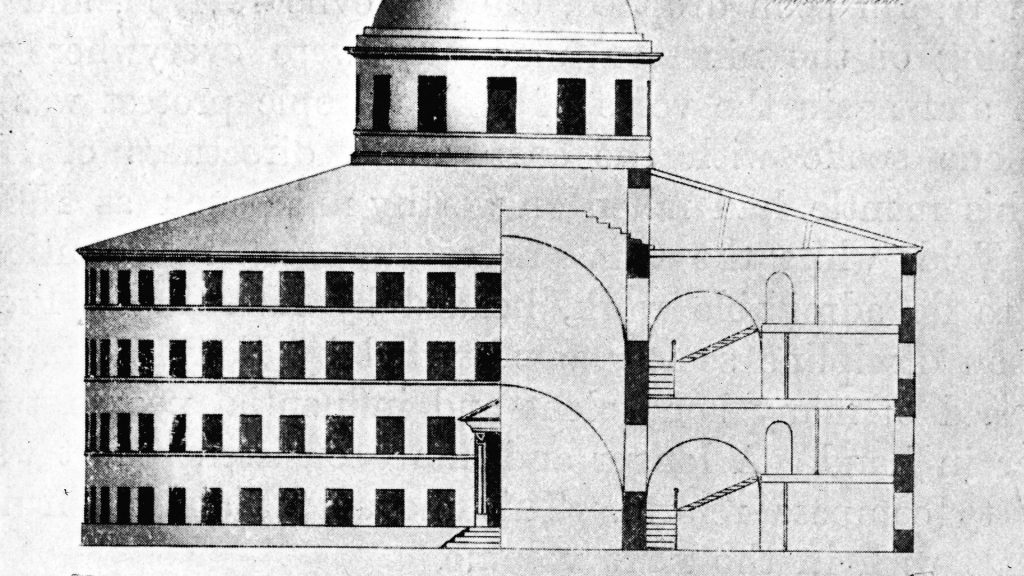
Will Self on life moving online during the pandemic.
“It’s absurd that they advertise televisions by emphasising their picture quality, but they’re showing you this improved picture quality on your inferior set.” When my 23-year-old said this as we were sat in front of our own inferior box the other day, I felt, simultaneously, pride – and despair. I was proud that he’d seen through yet another of late capitalism’s pathetic subterfuges – but despaired that he’s become, of necessity, such a proficient bullshit-detector. Home early from a university year that’s seen him – along with millions of other students – ripped off mercilessly, he’s now swapped one cramped location for another mildly less so, where he’s resumed his studies online –alongside his brother, who attends a local college that has also rendered much of its teaching virtual rather than actual.
At the beginning of the pandemic I wrote a piece for the newsletter that’s circulated to the staff of the university where I teach. In it I suggested that one way of dealing with the necessity for social distancing would be to teach in the open air. One of the courses I lead is concerned specifically with the psychology of being in places and spaces – and I’ve taught this for the most part á pied to groups of students for over a decade now. But I don’t see why other subjects couldn’t be presented in this way: using the environment as a set of mnemonic cues seems to me a very powerful way of not only increasing young people’s knowledge, but making it inherently practical.
None of my colleagues seemed interested in this approach. I’m now limbering up to teach in the New Year, and with continuing restrictions on campus I’ve been mooting holding the whole course outside. However, since the students – like my son – are now fighting shy of returning to campus at all, this may not be possible. There’s this, and also the necessity – following the implementation of the Browne recommendations, which led to the effective privatisation of higher education in this benighted isle – of satisfying the students as consumers: this requires that they receive teaching synchronously and in line with what’s been advertised. Lectures need to be on time, and accessible to students who may not be on campus – put bluntly: this means their pig-in-a-poke needs must be… pixelated.
I don’t think the universities are alone in exhibiting bad faith here: I honestly believe that if we still valued education for its own sake in this country, then there would have been an inspired – and inspiring – move to summer schools in playing fields, parks and the open country, where our children and youth might – for example – have received such excellent instruction in epidemiology and virology that we’d have had no need for tiers, or tears for that matter. But just as schools – and now universities – have succumbed to teaching to the test, thereby calibrating all educational ‘outcomes’ to ‘attainments’ that are intended to make students ‘employable’, so the crisis has proved an opportunity to tighten the flabby grip on all of us of what I call the Potemkin panopticon.
Potemkin was the chief minister of Catherine the Great, who persuaded the Tsarina that all was well in her turbulent empire by erecting the facades of seemingly attractive houses, and then getting serfs who’d been scrubbed up and costumed to play the part of happy subjects in front of this scenery. As for the panopticon – this was the ‘ideal’ prison, designed by the utilitarian philosopher Jeremy Bentham that allowed a single warder to see into the cells of all the prisoners at once. Britain is a state that relies for what little efficacy it has on its citizenry’s craven fear of exposure – which is why we have the highest number of CCTV cameras per capita of anywhere in the world. But the truth is that no one’s really watching them – just as no one can tell if we’re half naked and masturbating on a Zoom call.

This is the Potemkin panopticon: a vast apparatus of surveillance that is nonetheless hopelessly inefficient. Unless, that is, we willingly collude with it – and log on, punch the clock, so engaging our febrile motions with its implacable timing. But is this studying in a meaningful sense – or working for that matter? “I think I shall never see / A poem as lovely as a tree” wrote Joyce Kilmer, somewhat mawkishly, back in 1913. But if the non-equivalence between the highest flights of human rhetoric, and the toss and swish of leaf-heavy boughs is something that needs arguing for, the same cannot be said for that of a tree and an ultra-high definition image of one.
We have spent decades now improving one sort of fidelity – that of images to their objects – at the cost of another: our own faith in our culture, where that culture is conceived of as set of values supervening mere monetary considerations. I’m writing this in a household where two young men are engaged in pay-per-view education. At the end of the day they’ll resort to pay-per-view entertainment.










